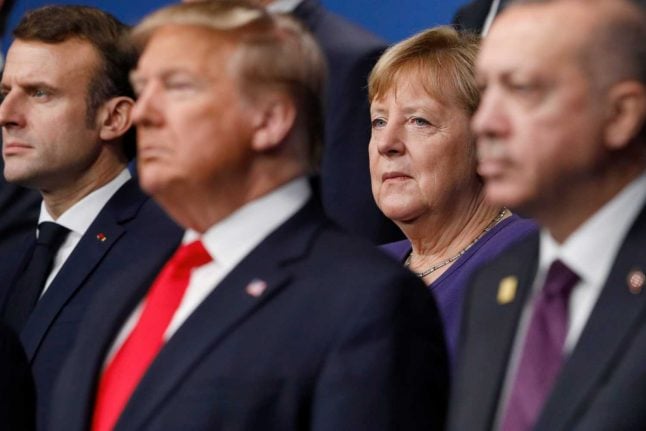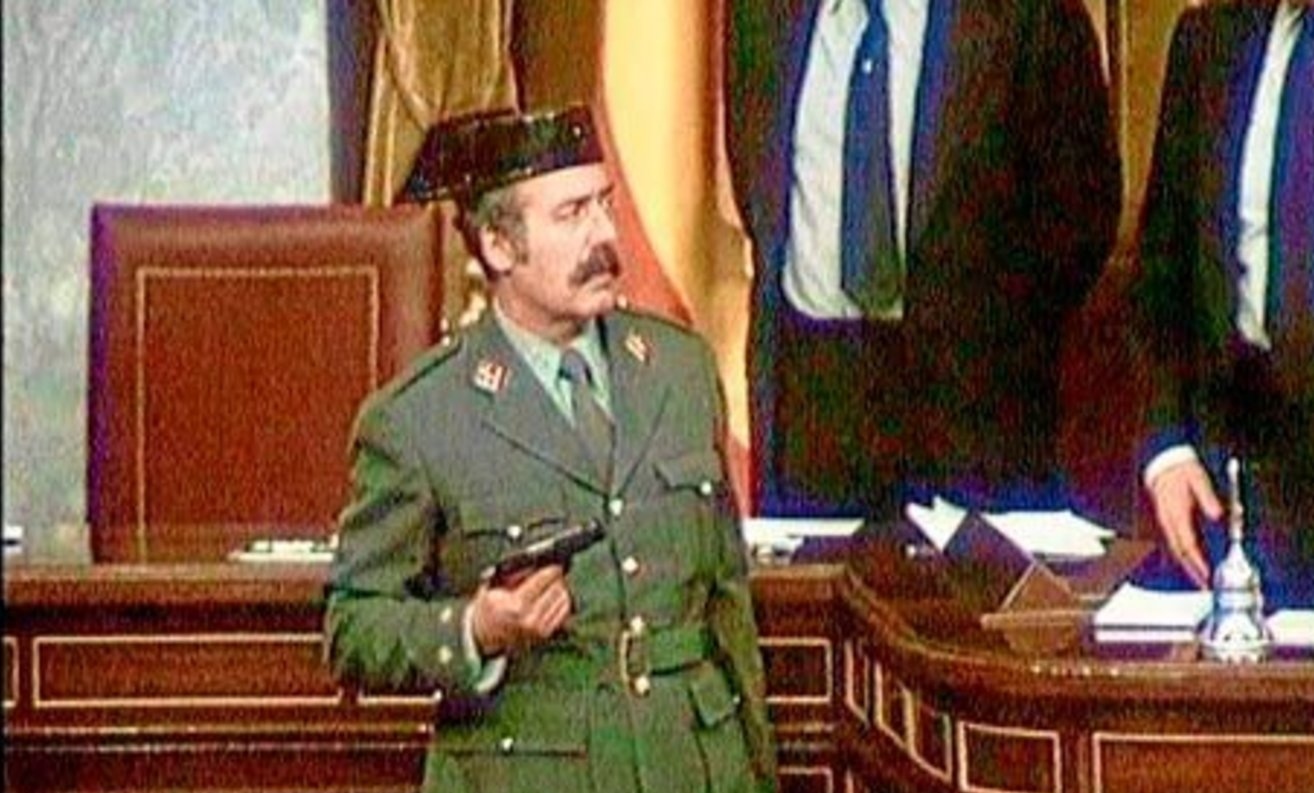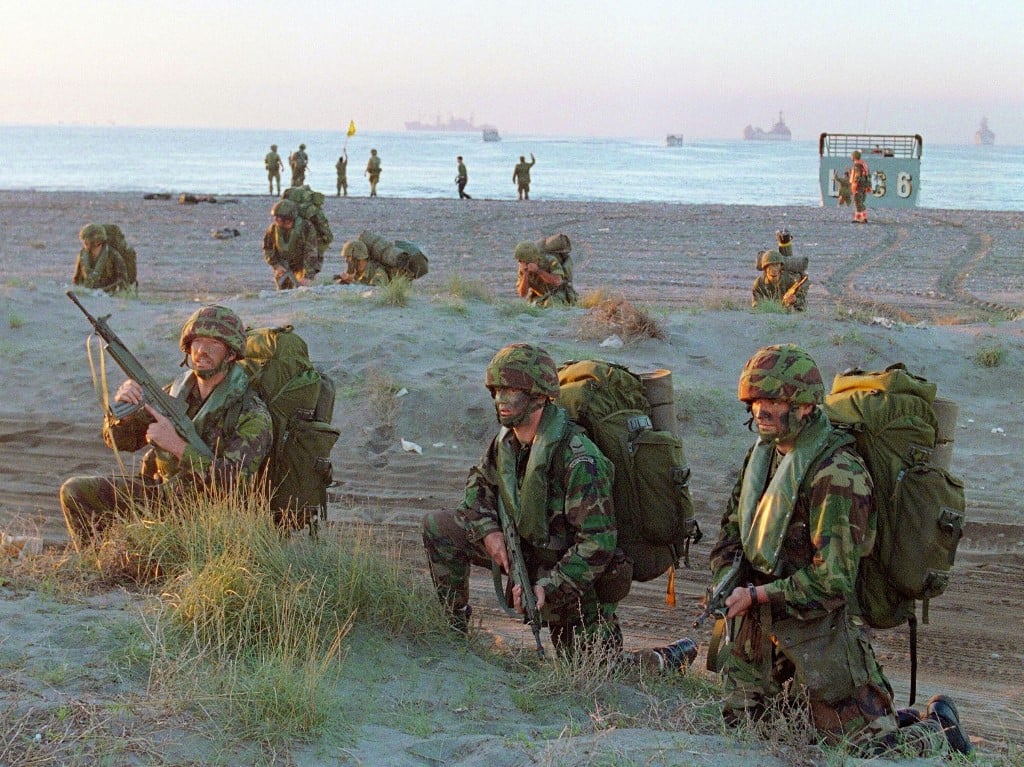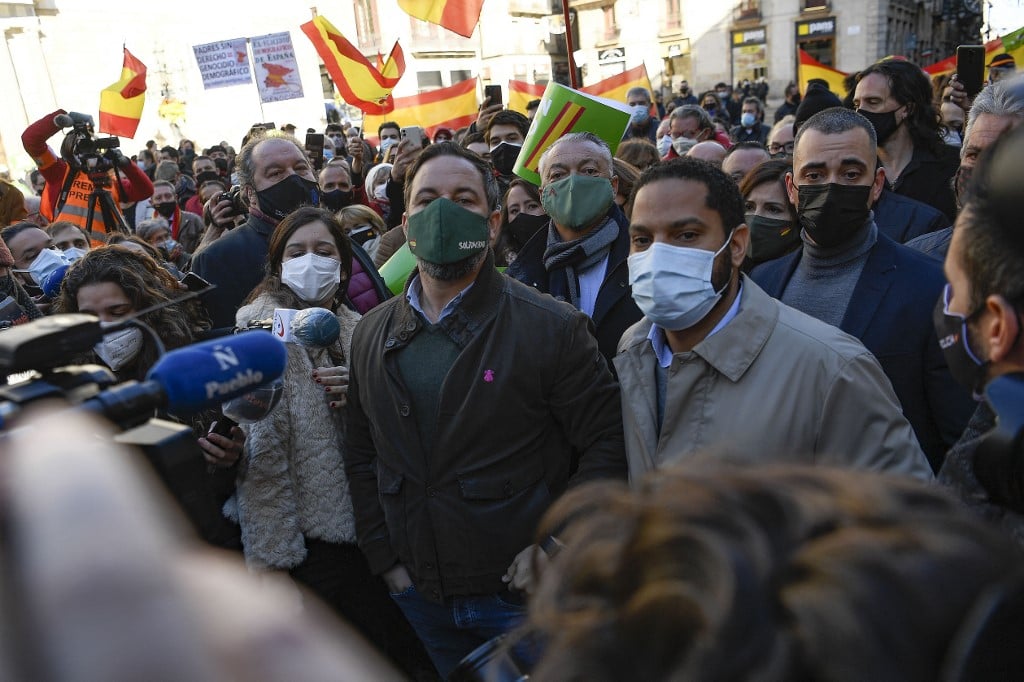German Foreign Minister Heiko Maas said both countries stood to gain from close cooperation even if the transatlantic relationship had become “complicated” under Trump.
Other senior politicians in Berlin were more blunt, slamming the plan as the latest blow to US-German ties and a potential security risk.
“Should it come to the withdrawal of part of the US troops, we take note of this,” Maas told the Bild am Sonntag daily.
READ: Trump ‘to withdraw thousands of US soldiers from Germany by end 2020'
“We appreciate the cooperation with the US armed forces that has grown over decades. It is in the interest of both of our countries.” Peter Beyer, Chancellor Angela Merkel's coordinator for transatlantic relations, warned that “the German-US relationship could be severely affected” by Trump's decision.
The Wall Street Journal and other media reported on Friday that Trump had ordered the Pentagon to slash the number of US military personnel by 9,500 from the current 34,500 permanently assigned in Germany.
Such a move would significantly reduce the US commitment to European defence under the NATO umbrella, and appeared to catch Berlin off guard.
'Wake-up call'
But Maas admitted ties with the Trump administration had become strained.
“We are close partners in the transatlantic alliance. But it's complicated,” Maas told Bild, in a nod to rows ranging from the Iranian nuclear deal to NATO contributions and Berlin's support for a Russian gas pipeline.
There was no immediate confirmation from US officials about the alleged plan to slash US troop numbers in Germany and cap them at 25,000 in future.
But Trump's lukewarm support of longstanding cooperation agreements with European allies has long caused alarm on the continent.
The US leader been particularly scathing towards Germany in recent years, accusing the fellow NATO member of not spending enough on defence.
Germany hosts more US troops than any other country in Europe, a legacy of the Allied occupation after World War II.
Johann Wadephul, a senior member in Chancellor Angela Merkel's conservative CDU party, said the troop reduction plan should showed that the Trump administration was “neglecting an elementary leadership task: involving alliance partners in the decision-making process”.
It also served as another “wake-up call” for Europeans to take more responsibility for their own defence, he said in a statement on Saturday.
Only China and Russia stood to gain from “discord” between NATO allies, Wadephul added.
'Colossal mistake'
Rolf Muetzenich, leader of the parliamentary group of the centre-left SPD, Merkel's junior coalition partner, told the Funke newspaper group that the US plan could lead to “a lasting realignment of security policy in Europe”.
Former US Army Europe commander Ben Hodges, who was stationed in the German city of Wiesbaden before he retired, said a US drawdown would be “a colossal mistake” and “a gift” for Russian President Vladimir Putin.
“US troops are not in Europe to protect Germans,” he tweeted.
“They are forward-based, as part of NATO, to protect all members, including USA.”
Although the American military presence has strongly declined since the end of the Cold War nearly three decades ago, Germany remains a crucial hub for US armed forces.
As well as serving as a deterrence to a resurgent Russia, US troops use their German bases to coordinate military operations in Europe, Africa and the Middle East.
The headquarters for US forces in Europe and Africa are both based in Stuttgart, while the US air base in Ramstein plays a major role in transporting soldiers and equipment to Iraq and Afghanistan.
The US military hospital in Landstuhl, near Ramstein, is the largest of its kind outside the United States.
Polish Prime Minister Mateusz Morawiecki said Saturday that he hoped some of the troops moved out of Germany could be reassigned to Poland.





 Please whitelist us to continue reading.
Please whitelist us to continue reading.
Member comments